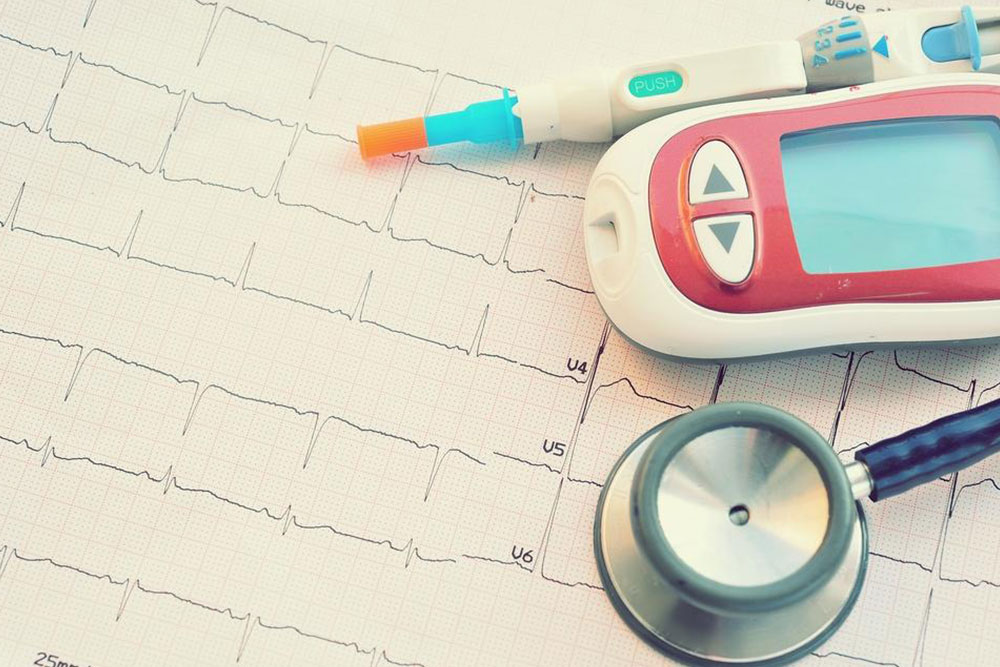Understanding Chronic Kidney Disease: Stages, Symptoms, and Causes
Learn about chronic kidney disease, including its stages, symptoms, causes, and management strategies. Early detection and lifestyle changes are key to slowing disease progression and maintaining overall health.
Sponsored

Understanding Chronic Kidney Disease: Its Progression, Signs, and Origins
The kidneys play a vital role in maintaining body balance by filtering out toxins, waste, and excess fluids, regulating minerals like salt and potassium. However, in chronic kidney disease (CKD), this filtering ability gradually diminishes. The disease advances through various stages, each with distinct symptoms. While there’s no complete cure, timely management can slow progression. Recognizing the causes, symptoms, and stages is essential for early intervention and effective treatment.
CKD Progression and Stages
CKD progresses through five stages. Early on, kidneys still filter waste efficiently, but in later stages, their filtering capacity declines significantly, leading to waste accumulation and impaired function.
Healthcare professionals assess kidney function using the estimated glomerular filtration rate (eGFR). This test estimates how effectively the kidneys filter blood, with specific eGFR scores indicating each disease stage. Stage 3 marks moderate damage, where kidney function is compromised but not yet complete failure. At this point, early symptoms typically emerge.
Symptoms of Stage 3 CKD
During Stage 3, symptoms become more apparent. The eGFR ranges from 30 to 59 mL/min, divided into Substage 3A (45-59) and 3B (30-44). Damage causes waste buildup, leading to complications like high blood pressure, anemia, and bone issues. Common signs include fatigue, swelling, shortness of breath, changes in urine color or consistency, and lower back pain.
Early diagnosis is crucial since CKD can silently worsen. Factors such as high blood pressure, diabetes, high cholesterol, and infections contribute to kidney impairment. Symptoms like fatigue, sleep disturbances, itchy skin, frequent urination, protein in urine, and swelling can indicate kidney issues. Monitoring these signs and seeking medical care promptly can help manage the disease effectively.
The progression of CKD can be slowed down through lifestyle modifications. Limiting salt, choosing appropriate protein sources, exercising, controlling stress, and maintaining a healthy weight are beneficial. Consultation with a nephrologist becomes essential as the disease advances. Although CKD is not fully reversible, early interventions and kidney-friendly diets can preserve kidney function longer.






